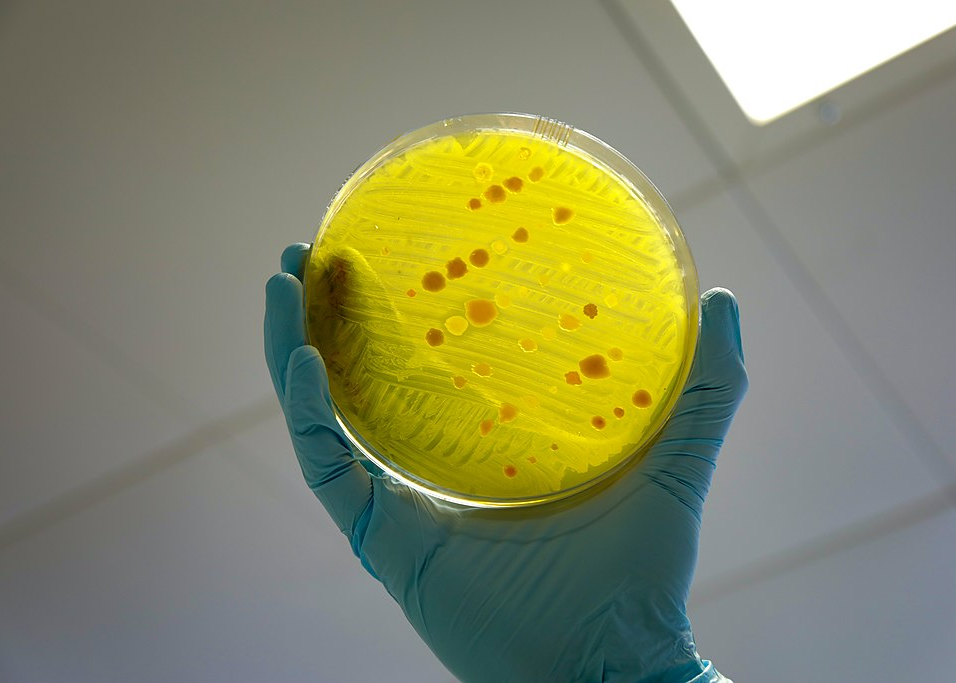Prompted by the silent pandemic of antimicrobial resistance (AMR), which has raised a significant public health concern with 1.27 million deaths per year directly attributed to it, the World Health Organization (WHO) issued an urgent call on Tuesday for better use of existing vaccines and development of new AMR vaccines.
In the first-ever report on the pipeline of vaccines to prevent infections caused by resistant bacterial pathogens, the WHO emphasized the need to accelerate trials in late-stage development as powerful tools to prevent infections in the first place.
“The AMR vaccine pipeline report aims to guide investments and research into feasible vaccines to mitigate AMR,” the WHO wrote in its call published on its website.
61 AMR vaccine candidates in the pipeline
WHO analysis has identified “sixty-one AMR vaccine candidates in various stages of clinical development, including several in late stages of development to address diseases listed on the bacterial priority pathogens list, prioritized by WHO for R&D.
Hanan Balkhy, WHO’s assistant director-general on antimicrobial resistance, noted that the use of antibiotics, one of the main drivers of AMR, can be reduced by “preventing infections using vaccination,” stressing that “of the top six bacterial pathogens responsible for deaths due to AMR, only one, pneumococcal disease (Streptococcus pneumoniae), has a vaccine.”
Since most of the late-stage AMR vaccine candidates will not be available anytime soon, Balkhy reiterated the urgent need for “affordable and equitable access to life-saving vaccines” that already exist, such as those against pneumococcus, Hib (Haemophilus influenzae type b), tuberculosis (Mycobacterium tuberculosis) and typhoid fever (Salmonella Typhi).
According to Euractiv, universal coverage by a pneumococcal vaccine ”could prevent the deaths of some of the estimated 800,000 children who die each year of pneumonia” and “reduce the use of antimicrobials by an estimated 47%”.
Weaknesses in the vaccine pipeline
One of the significant issues in the global fight against AMR is the very weak vaccine pipeline in terms of the number of vaccine candidates and their feasibility.
“Vaccine development is expensive, and scientifically challenging, often with high failure rates, and for successful candidates complex regulatory and manufacturing requirements require further time. We have to leverage the lessons of COVID vaccine development and speed up our search for vaccines to address AMR,” said Dr. Kate O’Brien, Director of Immunization, Vaccines and Biologicals Department at WHO.
Challenges include “the difficulty in defining target population(s) among all admitted hospital patients; the cost and complexity of vaccine efficacy trials; and the lack of regulatory and/or policy precedent for vaccines against hospital-acquired infections (HAI).”
“Disruptive approaches are needed to enrich the pipeline and accelerate vaccine development,’’ said Dr. Haileyesus Getahun, WHO Director of AMR Global Coordination Department.
The scientific review of the role of vaccines in combatting AMR, published last February in Nature, pointed out that “development of a new vaccine usually takes between 10 and 20 years” and emphasized that “to respond to the AMR crisis, pharmaceutical companies should transform the vaccine development process, which might entail new technologies and new vaccine platforms, and it would be also fundamental to accelerate clinical studies and to change the interactions with regulatory authorities.”




